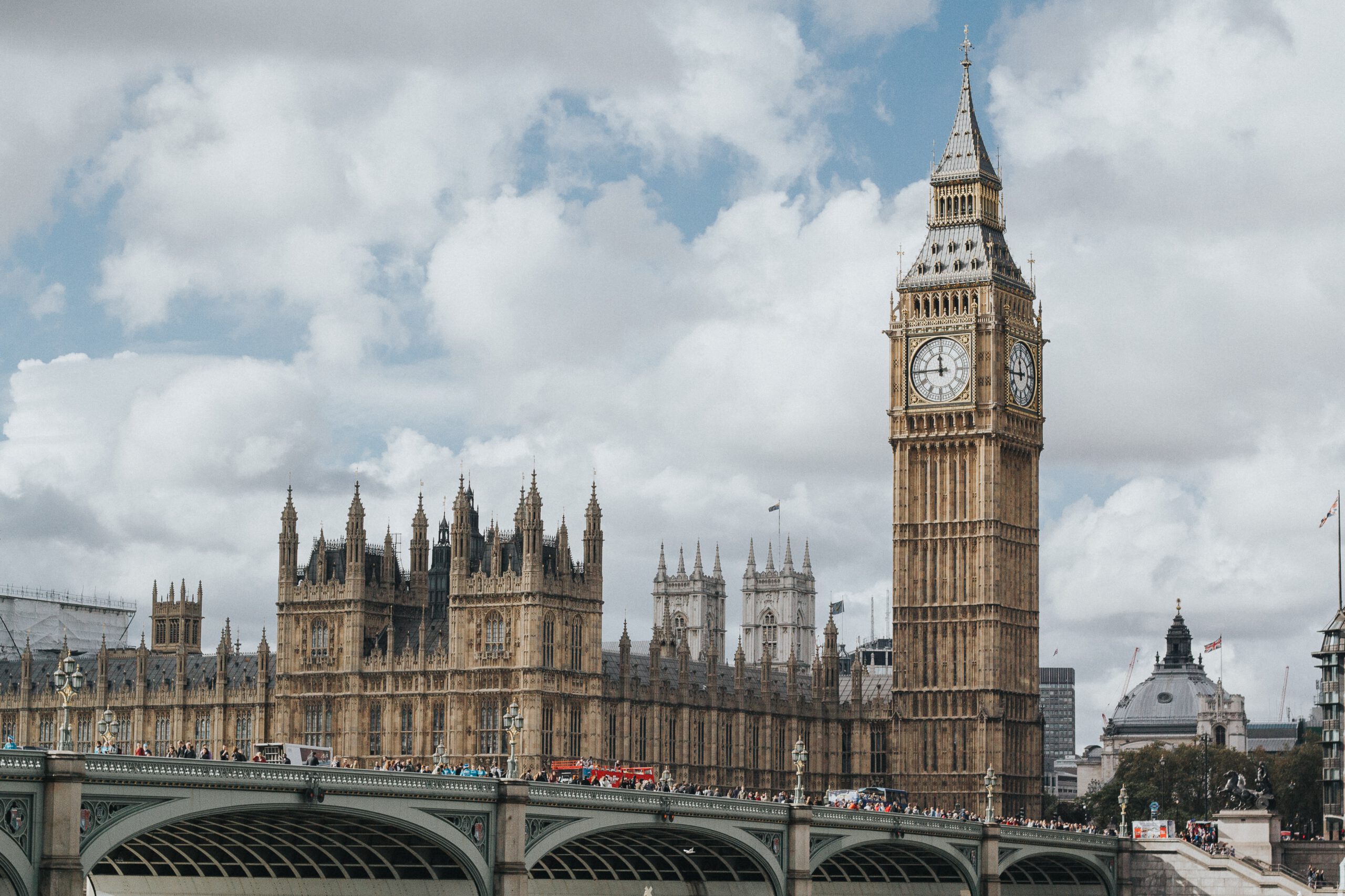Budget 2021 Headlines
March 3, 2021

Rishi Sunak has today delivered his Budget 2021 statement to Parliament, setting out the Government’s intentions of how the country will aim to recover from the Coronavirus pandemic.
Furlough scheme
The UKs Furlough scheme has been extended by five months, to the end of September from the end of April. Under the scheme, the government pays employees 80 per cent of their wages, up to £2,500 a month, if they are furloughed by their employer. Employers must pay 10 per cent of these wages in July and 20 per cent in August and September.
Housing
The stamp duty holiday, for homes up to £500,000, will be extended by three months, to the end of June from the end of March. The threshold will fall to £250,000 from July to the end of September before returning to its usual level of £125,000 in October.
The Government will also provide mortgage guarantees for new homebuyers who cannot afford large deposits. Mortgages of up to 95 per cent for home purchases of up to £600,000 will be available from next month.
Business rates and VAT
Business rates holiday extended to the end of June, at the same rate of 100 per cent. For the nine months after, the rate will be 66 per cent, up to £2 million per business, but with a lower cap for businesses that have been able to stay open.
The temporary VAT cut for the hospitality and tourism industry, to 5 per cent, has been extended until the end of September. It will rise to 12.5 per cent for the six months after that before expiring on March 31, 2022.
Income tax
The basic rate threshold will be raised slightly to £12,570, but then frozen until 2026. The higher rate threshold will also be raised slightly to £50,270, and frozen until 2026. This “stealth” tax is expected to raise £6 billion a year by quietly dragging more people into the higher rate bracket. The Tories pledged in their 2019 manifesto not to raise headline income tax rates.
Support for low-income households
Universal credit uplift of £20 a week will continue for a further six months. Eligible working tax credit claimants will receive a one-off payment of £500.
The national living wage will be raised to £8.91, equivalent to an additional £350 a year for a full-time adult worker.
Self-employment grants
The scheme will be extended to September. It will provide a fourth grant, covering February to April, of up to 80 per cent of average trading profits up to a maximum of £7,500. A fifth grant, of a lower amount, will be available from July. About 600,000 more people are expected to be able to claim.
Corporation tax
Corporation tax be raised to 25 per cent, from 19 per cent, from April 2023. Companies with profits of £50,000 or less will be taxed at 19 per cent, meaning that about 70 per cent of companies, or 1.4 million businesses, will be unaffected by the increase. The rate will be tapered for profits above £50,000 until they hit £250,000. Only 10 per cent of companies are expected to pay the full, higher rate of 25 per cent.
Alcohol and fuel duty
Fuel duty remains frozen, for the eleventh year in a row. Alcohol duty was frozen for the second year in a row, saving drinkers an estimated £1.7 billion.
Green growth
A UK Infrastructure Bank was created with £12 billion to invest in public and private sector projects that will bring about the government’s “green industrial revolution”.
The world’s first sovereign green savings bond was launched, allowing retail investors to invest in the government’s green agenda.
Pandemic support for arts, culture and sport
A culture recovery fund for England will be given £300 million and a further £300 million will be used to support sports clubs and their governing bodies.
Small business mentoring
Under a new “Help to Grow” scheme, 30,000 small business will be offered management training, free digital technology advice and discounts on productivity software.
Covid-19 vaccinations
And finally, a further £1.65 billion to ensure that every adult has been offered a first dose of a Covid-19 vaccine by the end of July.
